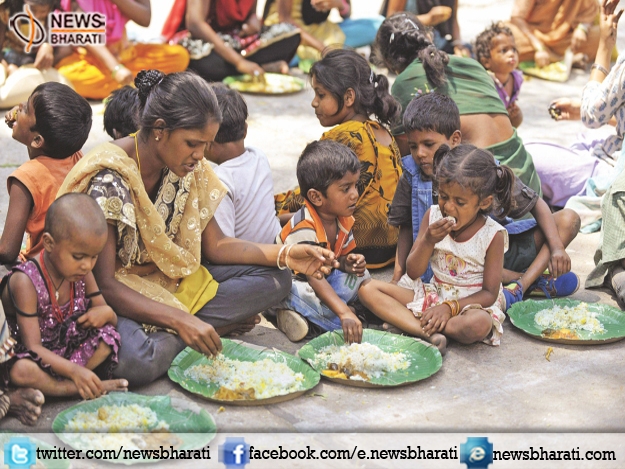Nutrition Scheme in Telangana aids special attention on Adivasis
Hyderabad, February 16: The year 2018 has brought in new ideas and innovations that has created a wave of hope and contentment among the people. A special attention and focus has been compelled on the adivasi people as the Telangana State Government has decided to provide 25% more nutrition supplements for children below six-years, pregnant women and lactating mothers.

This programme has been sorted to begin this year and the official authorities are taking due measures to provide natural food habits. To initiate natural food for the population living in forests, government has decided to give protein and vitamin supplements as part of tribal welfare programme. In fact, the Union government-supported project would be implemented in Telangana, Andhra Pradesh and Orissa.
As per the new model, the government is expected to spend Rs. 8/- on each child below six years of age. Children suffering from severe malnutrition are expected to get an expenditure of Rs. 12/- an lactating and pregnant women are also expected to get similar support. The expenditure was in line with the spending’s made on the Anganwadi care in urban localities. But keeping this frame in consideration the Adivasi mothers will be given medical check-up in their areas. Along with this the government has decided to set up homes to support child birth that will be established in their colonies.
Supported by both the Center and the State, they have decided to contribute in this programe on an equal share of 50% each. The Welfare officers in each district of the state will be informed about the varying funding schemes applicable for both anganwadi and tribal welfare.
The scheme is expected to benefit a total of 11,531 children below aged below one year. About 53,451 children of ages between one year and three years would also benefit, while another 23,455 children between the ages of three and six years would be provided supplementary nutrition. About 10,391 women and 14,384 lactating mothers would be targeted by it, apart from 50 lakh children in Anganwadi centres.